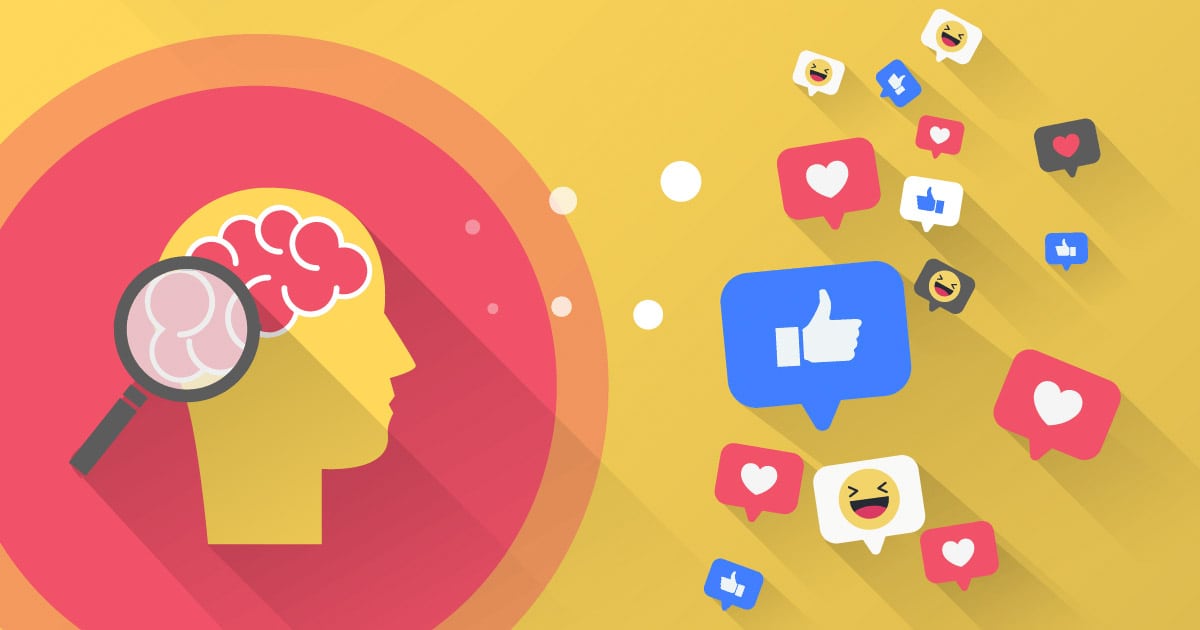In the age of digital connectivity, social media platforms have become an integral part of our daily lives. While they offer numerous benefits, such as staying in touch with friends and family, networking, and access to information, they also pose a growing concern: social media addiction. In this comprehensive guide, we’ll delve into the world of social media addiction, its causes, signs, and effective strategies to overcome it.
What is Social Media Addiction?
Definition:
Social media addiction refers to the compulsive and excessive use of social networking platforms, which can result in negative consequences for one’s physical and mental well-being.
Causes:
- Dopamine Release: The constant notifications, likes, and shares trigger the brain’s reward system, releasing dopamine, a neurotransmitter associated with pleasure.
- Fear of Missing Out (FOMO): The fear of missing out on social events or important updates can drive individuals to check their social media accounts obsessively.
- Escapism: Some people turn to social media as a way to escape from real-life problems or loneliness.
- Peer Pressure: Social pressure can encourage individuals to use social media excessively to fit in or keep up with their peers.
Signs of Social Media Addiction
Recognizing the signs of social media addiction is the first step toward addressing the issue:
- Excessive Usage: Spending an inordinate amount of time on social media daily.
- Neglecting Responsibilities: Neglecting work, studies, or personal responsibilities due to social media use.
- Withdrawal Symptoms: Feeling anxious, irritable, or depressed when unable to access social media.
- Lack of Control: Unsuccessful attempts to reduce or quit social media use.
- Impact on Relationships: Negatively affecting relationships with friends and family.
- Isolation: Choosing social media over in-person social interactions.
- Self-Esteem Issues: Comparing oneself to others online, leading to self-esteem problems.
Overcoming Social Media Addiction
Breaking free from social media addiction requires determination and a structured approach:
1. Self-Awareness:
- Recognize the extent of your addiction and its consequences.
2. Set Boundaries:
- Establish specific time limits for social media use.
- Turn off non-essential notifications to reduce distractions.
3. Diversify Activities:
- Engage in offline activities, hobbies, and exercise to reduce dependency on social media for entertainment.
4. Digital Detox:
- Take regular breaks from social media, such as weekends or vacations.
- Delete unnecessary apps or accounts.
5. Seek Support:
- Talk to friends and family about your addiction.
- Consider professional help or support groups if needed.
Monitoring Progress
- Keep a journal to track your social media usage and emotions.
- Reward yourself for meeting your goals, such as a treat or a special activity.
- Be patient; breaking an addiction takes time and effort.
Conclusion:
Social media addiction is a prevalent issue in today’s digital age, but it is not insurmountable. By recognizing the signs and implementing strategies to regain control, individuals can free themselves from the grasp of social media addiction and lead healthier, more balanced lives. Remember, seeking support from loved ones or professionals can make a significant difference in your journey to recovery.
